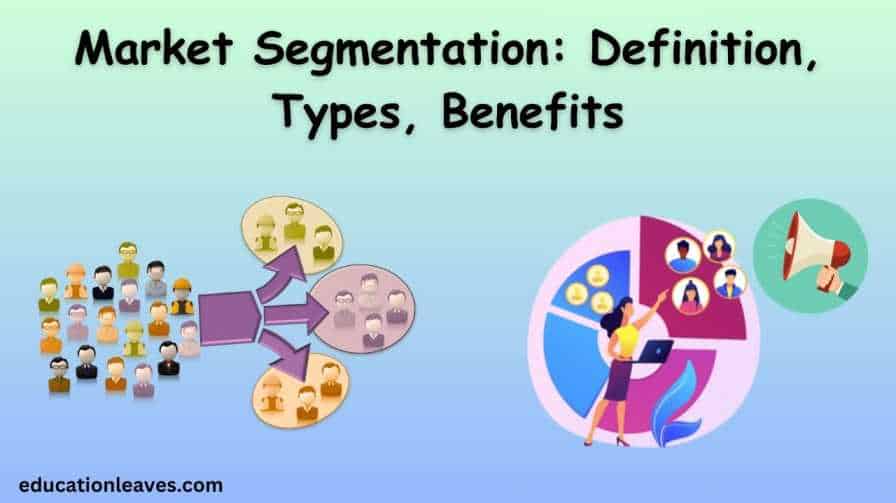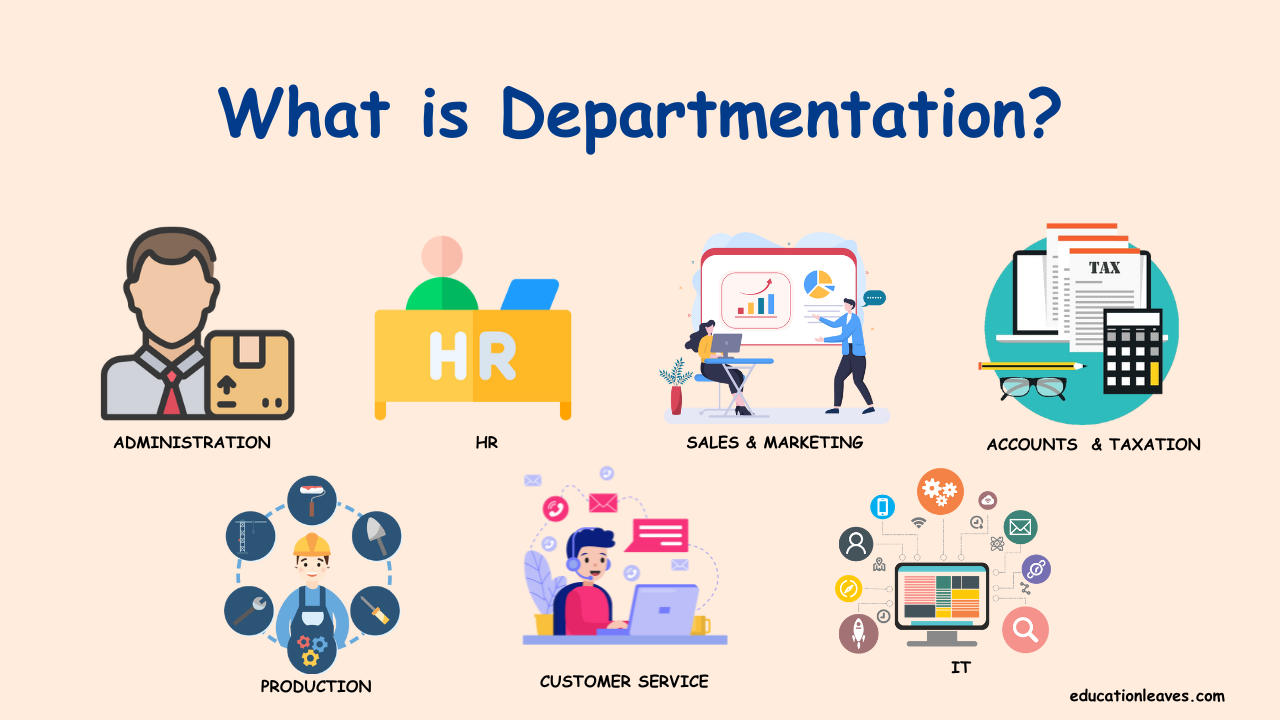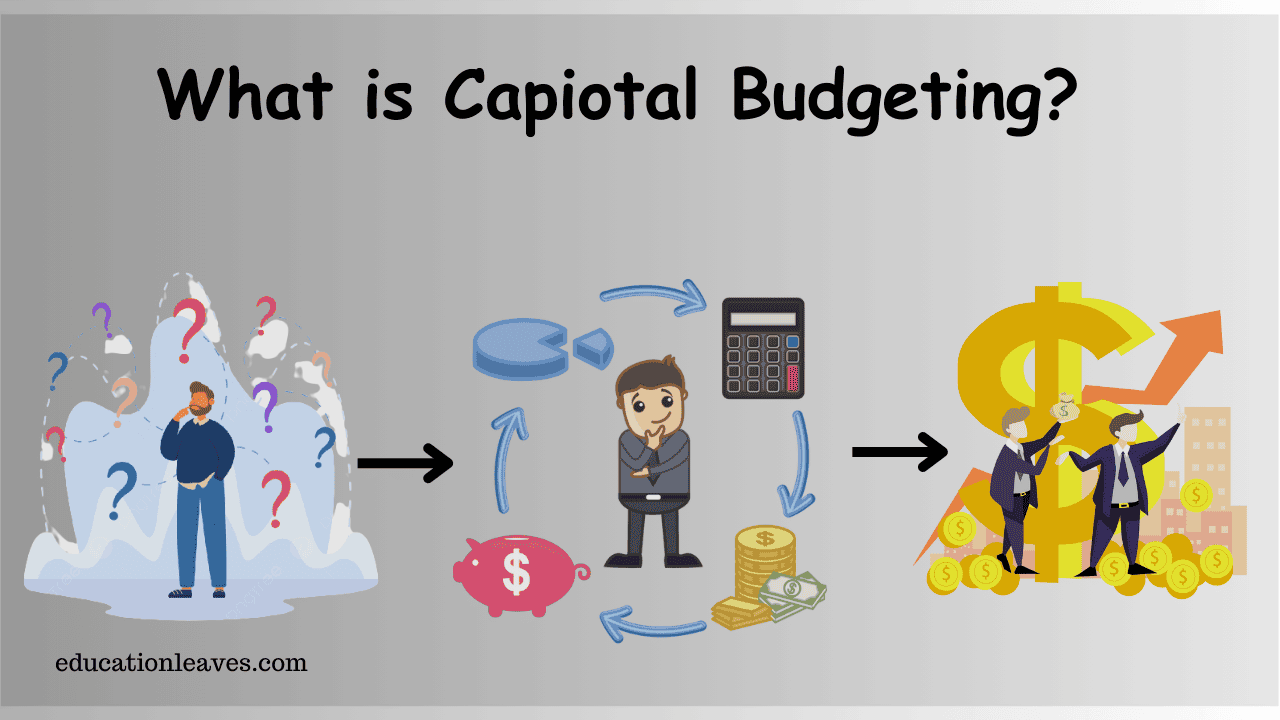SCM Explained: Supply Chain Management in the Age of AI
In today’s rapidly growing business environment, Supply Chain Management (SCM) is no longer just about moving products from Point A to Point B. With Artificial Intelligence integration, supply chains are becoming smarter, faster, and more resilient than ever before. In this article, I will explore how AI revolutionises SCM and what it means for businesses, professionals, … Read more










